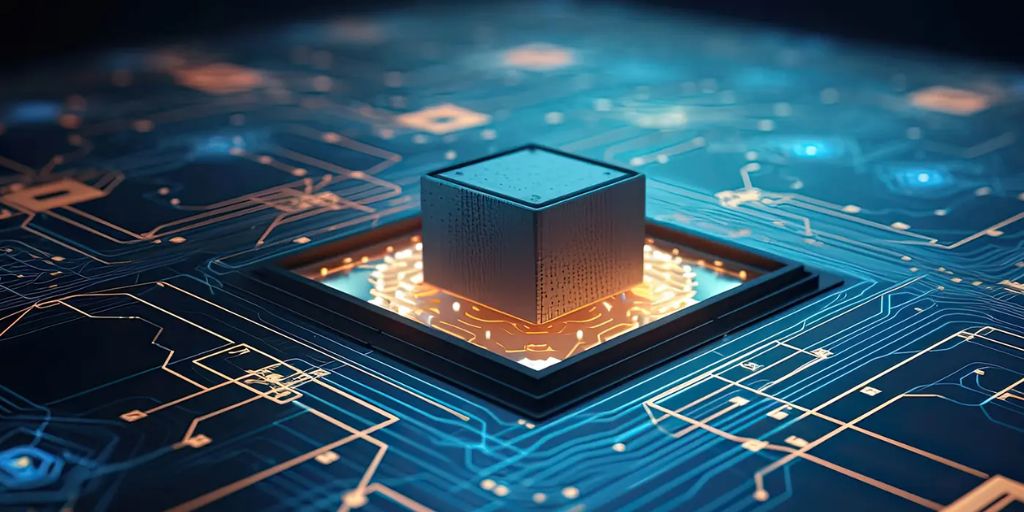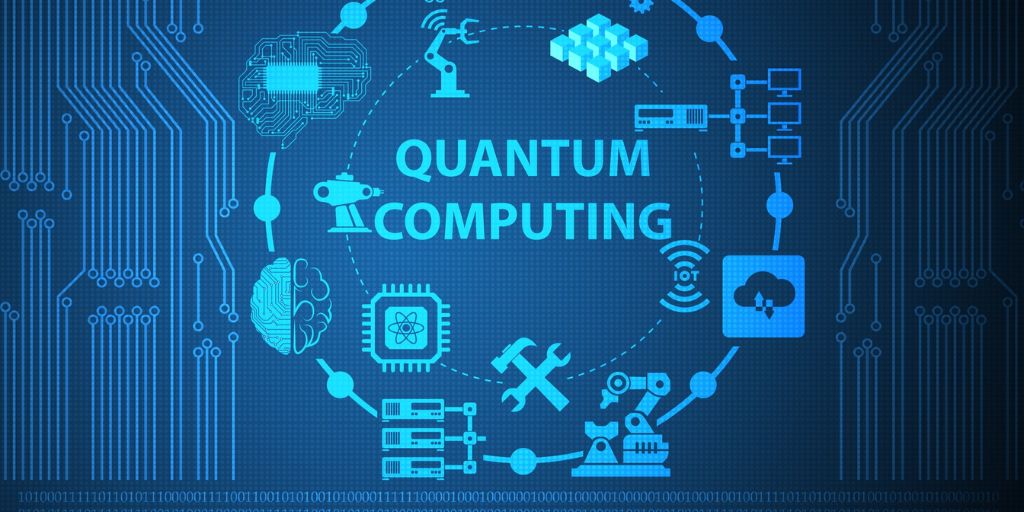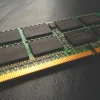Quantum computing is one of the most exciting and promising technologies of the 21st century. But what exactly is it, and how is it different from the computers we use today? In simple terms, quantum computing is a new way of processing information—one that uses the strange and fascinating rules of quantum physics.
If traditional computers are calculators, then quantum computers are like minds that can explore many solutions at once. Let’s explore what this means and why it matters.
The Basics of Classical Computers
To understand quantum computing, it helps to start with the computers we already use—known as classical computers.
Classical computers:
-
Use bits as the smallest unit of data.
-
A bit can be either 0 or 1.
-
Everything you do—sending emails, browsing the internet, playing games—is built on combinations of 0s and 1s.
These computers work by processing one calculation at a time, really fast. They’re great for most tasks we need today.
What Makes Quantum Computers Different?
Quantum computers use qubits instead of bits.
🌀 What Is a Qubit?
A qubit (short for “quantum bit”) is the basic unit of information in a quantum computer. Unlike a regular bit that is either 0 or 1, a qubit can be in:
-
0
-
1
-
Or both 0 and 1 at the same time! (Thanks to something called superposition)
This ability to be in multiple states at once allows quantum computers to process many possibilities simultaneously.
Key Concepts: Superposition and Entanglement
Let’s simplify two core ideas behind quantum computing.
1. Superposition
Think of flipping a coin. Before it lands, it’s not just heads or tails—it’s sort of both. A qubit in superposition is like that coin mid-air: it holds both 0 and 1 until measured.
This means a quantum computer can explore many outcomes at once, instead of trying them one at a time.
2. Entanglement
Entanglement is when two qubits are linked in such a way that changing one affects the other—even if they’re far apart. Einstein called this “spooky action at a distance.”
In computing, entanglement lets qubits work together in complex ways. This boosts computing power exponentially as more qubits are added.
A Simple Analogy
Imagine a giant maze. A classical computer would try one path at a time to find the exit. A quantum computer, thanks to superposition, tries all paths at once and finds the exit far faster.
What Can Quantum Computers Do?
Quantum computers aren’t meant to replace your laptop or smartphone. Instead, they’re built to solve problems that are too complex for classical computers—even supercomputers.
Examples of Use Cases:
-
🔬 Drug Discovery: Simulate how molecules behave at the atomic level to find new medicines faster.
-
🔐 Cryptography: Break or develop super-secure encryption that classical computers can’t crack.
-
🚚 Logistics: Optimize delivery routes and scheduling more efficiently than current software.
-
🧠 Artificial Intelligence: Train machine learning models faster and analyze data in new ways.
-
🌍 Climate Modeling: Simulate environmental systems with more variables and accuracy.

Are Quantum Computers Available Now?
Quantum computers exist today, but they are in early stages and mostly used for research. Companies like IBM, Google, Microsoft, and startups like Rigetti and IonQ are building and testing quantum hardware.
Most quantum computers today have:
-
Only a few dozen to a few hundred qubits
-
A need for very cold environments—close to absolute zero
-
A lot of error correction due to how fragile qubits are
They’re not yet ready for everyday tasks but are advancing rapidly.
Challenges Quantum Computers Face
Quantum computing is powerful, but not easy.
❄️ Qubits Are Fragile
Qubits can lose their state quickly due to outside interference (noise, temperature, etc.). This is called decoherence.
🧮 Error Correction
Quantum computers must deal with errors constantly, and fixing these takes a lot of extra qubits.
🛠 Scalability
Building quantum systems with millions of qubits (needed for practical use) is a massive technical challenge.
Quantum vs. Classical: When to Use Each
| Task | Best Suited For |
|---|---|
| Email, web browsing, gaming | Classical computers |
| Weather predictions, AI, databases | Classical supercomputers |
| Molecular modeling, factoring huge numbers, optimization problems | Quantum computers (future use) |
Think of quantum computers as specialized tools for solving really hard problems, not as everyday replacements.
Will Everyone Have a Quantum Computer?
Probably not in your living room—at least not for a long time. Just like supercomputers today, quantum computers will likely be accessed via the cloud. You might use them through companies that rent quantum computing power for specific tasks.
In fact, companies like IBM already offer access to small quantum computers online for education and research.
The Future of Quantum Computing
The quantum revolution is coming—though it’s still in progress. Over the next decade, we may see breakthroughs in:
-
Larger and more stable quantum processors
-
New materials and methods for building qubits
-
Real-world applications in medicine, cybersecurity, and finance
Many experts believe that hybrid systems—classical and quantum working together—will become the norm.
Final Thoughts
Quantum computing might sound like science fiction, but it’s very real—and potentially game-changing. By harnessing the weirdness of quantum physics, we’re on the verge of solving problems that have been impossible until now.
The technology is still young, and many challenges remain. But the promise of faster, smarter problem-solving makes quantum computing one of the most exciting frontiers in science and technology today.
So, the next time you hear about “qubits” and “entanglement,” remember: it’s not magic—it’s quantum mechanics at work.




